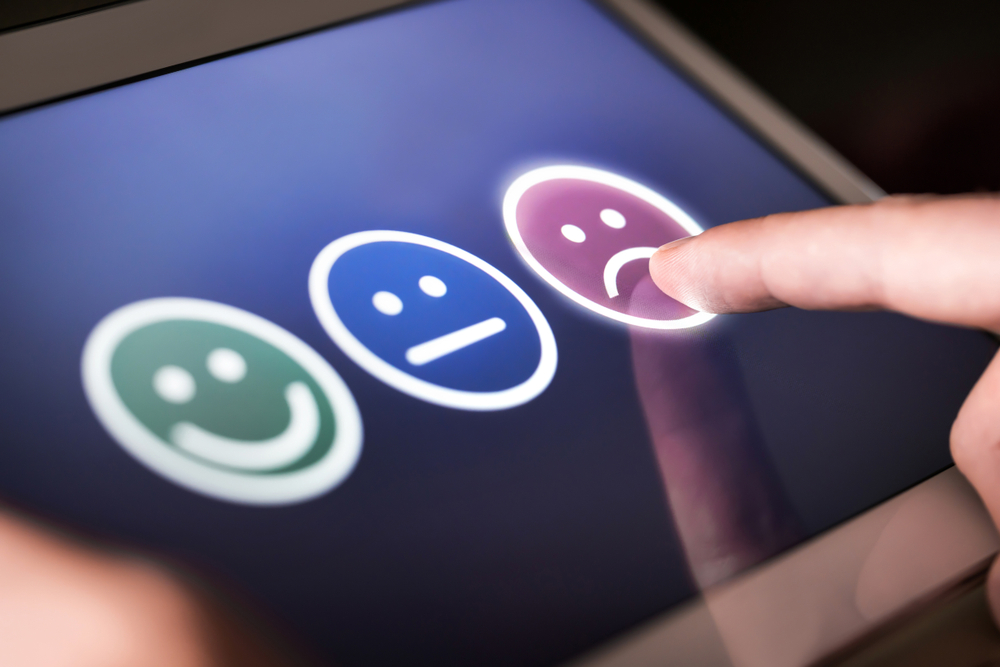
There are a couple separate ways to think about the word “cheap hearing aids”. For someone on a small budget, it means “affordability”. But we’ve all heard the saying “You get what you pay for”, and in this example, the term “cheap” indicates low-quality hearing aids.
Unfortunately, determining whether you’re getting a great value from whether you’re buying a really low-quality device can be challenging. This is especially relevant in the realm of hearing aids.
With hearing aids, the saying “you get what you pay for” rings particularly relevant. This means eliminating the devices that are priced in the “too good to be true” range, not necessarily opting for the most costly option. Companies marketing cheap hearing devices frequently omit important details about their products that consumers should be aware of.
They often just amplify sound
Cheap “hearing aids” typically offer minimal functionality, mainly amplifying or reducing overall volume. If you amplify the volume to hear the TV better, you’ll also get background noises including the dishwasher, a fan in another room, a barking dog, or the sound of your house slippers moving across the floor.
If everything is louder, it totally defeats the purpose of using a hearing aid.
Contrastingly, a high-quality, contemporary hearing aid goes beyond mere volume adjustment. It reduces background sound while skillfully managing sound and improving clarity. Genuine hearing aids are tailored to your particular hearing requirements, closely simulating natural hearing with greater accuracy.
PSAPs vs. Hearing Aids
The Food and Drug Administration has written guidelines for those who sell hearing devices and have stringent rules as to what can be labeled hearing aids.
Unfortunately, many personal sound amplification products PSAPs are inaccurately marketed as hearing aids even though they just amplify sound.
There are lots of legit and reputable providers that comply with appropriate marketing. But you might find some uninformed salespeople or products on Amazon or eBay that mislead consumers into thinking that these devices meet the definition of a hearing aid. You may even find some that claim that they’re approved by the FDA when that’s actually not true.
They aren’t helpful for the majority of types of hearing loss
Most people who lose their hearing will gradually lose specific frequencies of sound before others. You might have a hard time understanding a small child or a woman, for example, but you have no issue understanding a man with a low voice.
A cheap hearing device usually results in overall volume amplification. But, if you have trouble with specific frequencies, just boosting the volume proves insufficient. Furthermore, turning up the volume considerably to hear the sound of your granddaughter playing on the floor may result in your adult son’s voice sounding like a roar, potentially adding to hearing loss if subjected to high volumes for extended periods.
High-quality hearing aids can be programmed to boost particular frequencies offering a much better solution. They offer a more personalized hearing experience by shifting frequencies you can’t hear very well to frequencies you hear better.
You might get a lot of feedback
Cheap hearing aids are usually not custom fit to your ears. A feedback loop is often the outcome of poorly fitting hearing aids. As the speaker in your ear jiggles around, the microphone picks up the sound. This will generate a deafening screech.
They typically won’t help you on your cellphone
When individuals are looking for a budget-friendly device, they frequently sacrifice functionality like Bluetooth connectivity. The absence of Bluetooth becomes crucial when thinking about phone connectivity. With cheaper hearing devices, when you try to amplify phone calls, your device will amplify every little sound, like your ears or lips rubbing against the phone, or clothing and hair.
More sophisticated hearing aids are digital and utilize Bluetooth connectivity to connect directly to your phone. This state-of-the-art feature ensures that when your daughter speaks on the other end, her voice is sent directly into your hearing aids, enhancing clarity and overall communication.
They were never intended to treat hearing loss
The majority of people would probably be surprised by this. These amplifiers were never meant to treat hearing loss. They were designed to help individuals who have fairly good hearing hear things a bit louder.
If you have very slight hearing loss then cheap devices may help a little. But people who actually need hearing aids won’t find these cheaper devices that useful.
Where can you get quality affordable hearing aids?
There are lots of ways to get hearing aids affordably. Insurance or other third parties may cover them. There are also affordable brands, leasing plans, and financing possibilities. If you suspect you have hearing loss, start by getting checked out. Call us today for a consultation, we can help figure out what’s best for you, depending on your level and type of hearing loss, and make sure you get a pair that won’t break the bank!
Call Today to Set Up an Appointment
References
https://www.fda.gov/medical-devices/consumer-products/hearing-aids
